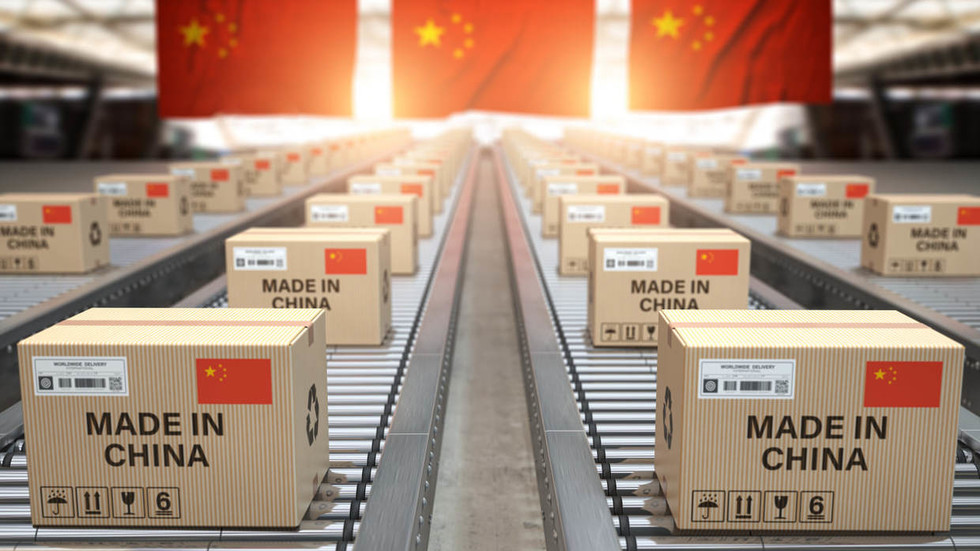China’s economy expanded by 5.3% year-on-year in the first half of 2024, according to official data released by the National Bureau of Statistics (NBS), demonstrating resilience amid ongoing trade disputes with the United States and European Union. Growth slightly moderated from 5.4% in the first quarter to 5.2% in the second, though the latter surpassed a Reuters survey’s 5.1% forecast, signaling cautious optimism. The government’s annual target of “around 5%” remains within reach, but projections suggest challenges ahead: the World Bank anticipates slower growth of 4.5% in 2025 and 4.0% in 2026, while Reuters analysts predict 4.6% for 2024 and 4.2% for 2025.
Trade tensions loom large over these figures. Negotiations between Beijing and Washington face an August 12 deadline to finalize a long-term agreement following a temporary truce in June that halted escalating tariffs. Recent talks yielded limited progress, with China easing restrictions on rare earth exports—critical for tech manufacturing—and the U.S. resuming exports of Nvidia’s advanced AI chips. However, contentious issues, including restrictions on dual-use technologies with military applications, remain unresolved. Failure to reach a deal risks reimposing tariffs exceeding 100% on certain goods, potentially disrupting global supply chains.
Parallel efforts to stabilize EU-China relations show tentative breakthroughs. In early July, Brussels postponed planned tariffs on Chinese electric vehicles until August 1, averting an immediate clash over what the EU claims are unfairly subsidized imports. Beijing responded by relaxing market barriers for European automakers and adjusting export rules for critical minerals. Retaliatory duties on EU cognac were also scaled back, a gesture targeting France, a key advocate for the EV tariffs. Despite these steps, underlying friction persists, notably after China condemned the EU’s inclusion of Chinese companies in recent sanctions related to Russia.
Economists highlight the dual pressure on China’s growth engine: weakening domestic demand and external trade risks. While industrial output and infrastructure spending have supported expansion, consumer confidence remains fragile amid a prolonged property sector downturn. The government has avoided large-scale stimulus, opting instead for targeted measures to stabilize key industries.
The coming months will test Beijing’s ability to balance growth ambitions with geopolitical compromises. With major trade partners scrutinizing China’s industrial policies and market practices, the outcome of ongoing negotiations could shape not only its economic trajectory but also the stability of global trade networks crucial to manufacturing and technology sectors. As deadlines approach, stakeholders worldwide await signs of whether tariffs or truces will define the next phase of economic relations.
